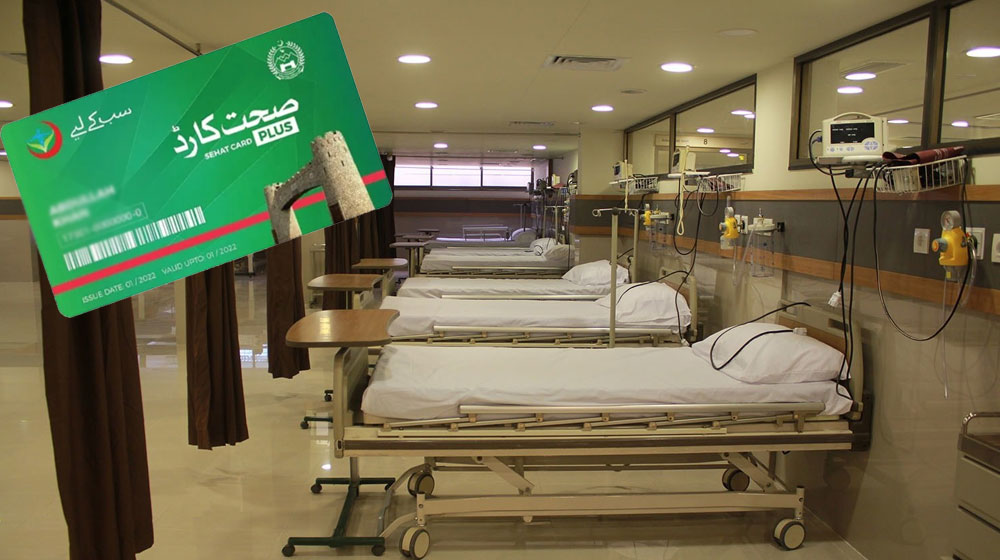March and April 2022 in Pakistan brimmed with unusual political activities that resulted in a change of the government through an in-house vote of no confidence. Every political party has a mandate, which includes initiating flagship projects which it promises to deliver after being elected. One of the major promises of the Pakistan Tehreek-e-Insaf (PTI) government was the Sehat Card Scheme for all. It had fulfilled its promise and the Sehat Card was made available in all the provinces it governed.
The future of this flagship scheme seems to be in jeopardy with the new government at the helm of affairs. New governments in Pakistan have sometimes continued the policies of the previous governments or discontinued them, depending on various factors, the most important of which is long-term feasibility. If the Sehat Card is financially feasible, the new government may continue it, or it may be rolled back as part of a shift toward the old health care system.
Although such mega-projects are launched after complete feasibility studies, the new government will have to address a few problems that will determine the future of the scheme. Firstly, there are two health care systems in Pakistan — public and private. Those who can afford it, opt for the private system for its better health care services, while others go to the public setup.
Previously, the government only had to pay for the poorest citizens and the other citizens paid for private health care themselves. This leads to the question of how a government that barely has the funds to pay for the public health care system alone can pay for both public and private health care systems after the introduction of the Sehat Card as both rich and poor citizens will avail of the better and free of cost health care facilities available on the card.
One counter-argument that is usually given against this problem is that government will only pay a certain amount for each citizen to the insurance companies, and insurance companies will be responsible for the finances, but the problem is that the insurance companies are in the equation to make money and will eventually draw something extra from the government, otherwise the system will not function.
Another major issue is preventing the misuse of the scheme. Administrative controls and checks in Pakistan are known to be lax. How will the government or insurance companies prevent individuals from drawing money from the card by entering fake procedures in the health care system?
Another point is whether the public health care system and the Sehat Card scheme will run parallel to each other or if the public health care system that had functioned without the Sehat Card will be discontinued. Pakistan’s current public health care system is a welfare-based system with hospitals all across the country. Citizens are not required to pay for the health services rendered but the problem that this system usually faces is the shortage of resources which results in a long waiting period even for urgent procedures that are urgent in nature.
The Sehat Card solves this problem by opening the doors of the private health care system to all citizens. The concern here is what will happen if the public health care system is discontinued and a citizen runs out of his Sehat Card balance. How will the state provide health facilities to citizens with no Sehat Card balance?
Each government that comes into power tries to improve the health services provided by the state. The Pakistan Peoples Party (PPP) and the Pakistan Muslim League-N (PML-N) governments had attempted to improve the health care system in their eras but the basic working mechanism of the system remained unchanged. PTI had tried to improve Pakistan’s health care by shifting the system from being welfare-based to insurance-based. The previous PPP and PML-N governments had also initiated pilot projects for such insurance-based Sehat Card schemes that were discontinued, which shows that the feasibility studies performed by the PTI government and the earlier governments had different results.
The incumbent government will have to find answers to these questions or the flagship project of Imran Khan’s government will also face abolishment like its predecessors. In the meantime, it is hoped that the outcome results in the betterment of Pakistan’s health care system.
About the Author
Bilal Khan, writes about technology and current affairs with focus on Pakistan.


























sehat card is flagship of Nawaz Sharif sb